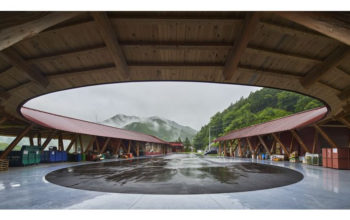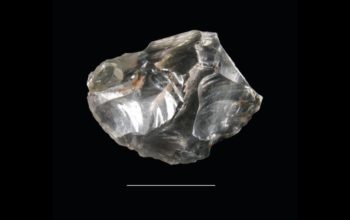Ado Campeol, the inventor of the famed dessert, tiramisu, passed away at the age of 93.
His legacy leaves a sweet, soft and creamy taste in the mouths many.
Italian pastry all over the world. The father of tiramisu passed away at the age of 93, and then it is time to retrace this story capable of changing the table of Italian. Ado Campeol was the restaurateur who accidentally brought the Italian dessert to worldwide prominence.
The following written content from Wikipedia

Tiramisu appears to have been invented in the late 1960s or early 1970s, when restaurateur Ado Campeol, his wife, and another chef, invented it at Le Beccherie, a restaurant in Treviso. The dish was added to their menu in 1972 but never patented by the family.
Specifically, the dish is claimed to have first been created by a confectioner named Roberto Linguanotto, chef of “Le Beccherie”. Le Beccherie is supposed to have invented it on 24 December 1969.
It is sometimes claimed that tiramisu has aphrodisiac effects and was served in brothels in Treviso. The word appears in print in Italian in 1980 and in English in 1982. It is mentioned in a 1983 cookbook devoted to cooking of the Veneto.
Recipes named “tiramisu” are unknown in cookbooks before the 1960s, though there is evidence of a “Tiremesù” semi-frozen dessert served by the Vetturino restaurant in Pieris, in the Friuli Venezia Giulia, since 1938. This may be the name’s origin, while the recipe for Tiramisu may have originated as a variation of another layered dessert, Zuppa Inglese. Others claim it was created towards the end of the 17th century in Siena in honour of Grand Duke Cosimo III.
Interest in tiramisu in the United States increased in 1993 when Tom Hanks’ protagonist in the comedy Sleepless in Seattle heard of it only as a mysterious thing that modern women loved.
On July 29, 2017, Tiramisu was entered by the Ministry of Agricultural, Food and Forestry Policies on the list of traditional Friulian and Giulian agri-food products in the Friuli Venezia Giulia region. Read more from Wikipedia





